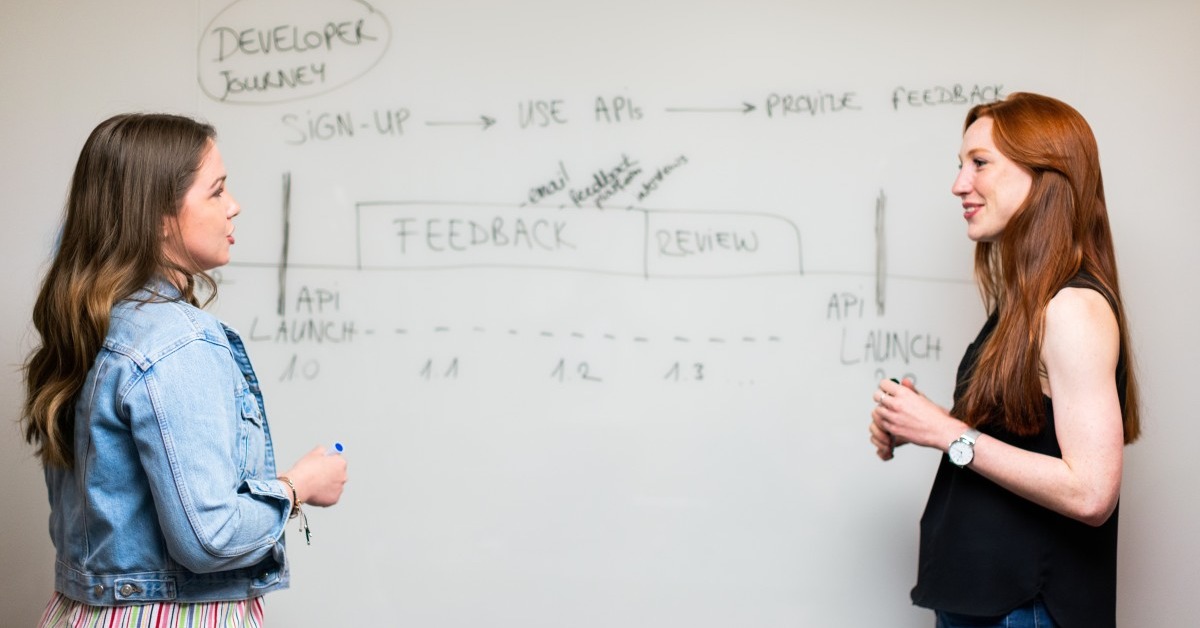
Master's in Elementary Education Salary: How Much More Will You Make?
Getting an MAT or an MEd in Elementary Ed can [...]
The Association of Social Work Board was founded in 1978 by 23 individuals who stood out to represent 12 states. Then the American Association of State Social Work Boards (AASSWB) was incorporated in Virginia in March 1979 and had its very first constitutional convention shortly after that. At that first meeting, delegates from 18 states participated; only 23 states had any social work regulation at that time.
This new association fulfilled the need for an independent social work entity that would protect the public, develop a practical professional examination, establish a forum for regulators, share information and resources, and encourage a more uniform regulation across jurisdictions. In 1983 AASSWB offered its first social work licensing exam to 464 social workers in New York, Virginia, and Oklahoma. Today, 30 years later and more than 34,000 are tested annually. With this established, this article will answer a few frequently asked questions that have been bugging people’s minds a lot concerning social work licensure reciprocity.
On the issue of national licensure reciprocity, there is no federal social work license available. In the United States, the constitution assigns regulation of professions to the different states. ASWB is working to achieve more uniformity among state regulatory frameworks. Licensing is in the cards to remain a state-governed issue for the near future.
| University and Program Name | Learn More |
|
Virginia Commonwealth University:
Online Master of Social Work
|
Now to answer the question on if there is a national test to become a licensed social worker. The answer is a big yes. You see, there is a nationally administered licensure test you must pass before you can become a licensed social worker. The test is however conducted by the Association of Social Work Boards (ASWB) and is the definitive standardized test for social work licensure.
These tests come in three phases, and it has been proven that there are three tests to be done before becoming a licensed social worker. They are:
After graduation, a would-be clinical social worker must practice under board-approved supervision. Before receiving the higher credential, a candidate is expected to do at least two years of full-time work. In the United States, all states have adopted ASWB licensing examinations. This licensing examination has four levels: bachelor’s, master’s, clinical, and advanced generalist.
In some states you are expected to write all four levels of licensing examination, requiring the master’s exam at the beginning of practice. However, some states require only one exam.
Then there is also the professional fitness test to become a licensed social worker. It’s just a matter of answering questions and consenting to a background check.
It is also essential for you to know that the National Social Work Exam is now offered six days a week throughout the year at a local testing center. At some locations, it’s offered seven days a week. Once you have applied and been accepted by your state board to sit for the test, you will receive another application with the time to take the exam. Once that is processed, you will receive an authorization-to-test letter. You must schedule and take the exam within 60 days of receiving your authorization-to-test.
No state allows social work licensure reciprocity. According to the Association of Social Work Boards, reciprocity is “a system that would allow someone to obtain a license in a different state or province because you have a license in another province.” How many states activate this system, according to the ASWB? None. Now you have your question answered by the board as well.
That already said, there are a few things you might need to know about social work licensure reciprocity in other states, i.e., multi-states licensure:
Complete all of the requirements you will need to become licensed in one state. This is ideal because if you start your clinical experience and supervision in one state and then move before you finish, this whole process becomes even more complicated and can be voided.
Keep good records. It has always been advisable to keep a log of all your clinical experience and hours of supervision. This is because some states will want to see more detailed information about what you were doing and how you accumulated your hours. Ensure you have your clinical supervisor’s full name, license number, date of licensure and up-to-date contact information at all times.
This is very important before you move, contact the Licensure Board governing the state that you are planning to move to and receive the application. You will typically need an “Application By Endorsement” or “Application from Out of State Licensee.”
Be very prepared to call a lot! It is usually challenging to get a live person on the phone. If you do, however, reach their direct extension, you need a live, local person to assist you. They will have the answers to your questions.
The next immediate step is to start requesting documents. First, you will have to resend (which means pay for) your graduate school transcripts, your ASBW test scores, and a license verification form from your current state. This will probably cost between $20-$75 or more and will have to be repeated every time you desire a new license from a new state. The ASWB does have a Registry database which will hold all of your documents and send to them to this new state. But again, this has a huge $60 fee initial payment plus annual renewals.
Contact your old supervisor. Depending on the duration of your license in your current state, you will probably need a signature or other forms of verification from your previous supervisor to testify to your clinical experience and supervision hours. If that person is MIA or deceased, then you have more work to do. But, it can still be done.
Figure out if you need to take any additional continuing education courses. Each state has their courses that are required for licensure. In Florida, these courses include: “Laws and Rules” and “Medical Errors.” In some other states, it could be “Child Abuse Reporting.” So just find out what you need and get certificates for any of those courses. Meanwhile, you still have to pay another set of fees here.
Fill out all of the forms. Many require notarized signatures or stamps on at least one page, and some require a passport size photo. Again, unless your bank does free notary service, there is some annoying cost accrued. Don’t forget to make duplicates of the forms. It is quite possible that somehow, one of those pages could get lost or separated and that would send your application to ruins.
Pay the fees. Usually, there is an application fee that ranges from $100-$150.
Finally, you have some waiting on your plate to do. While some states may respond quickly, for others, there are review boards that sit quarterly. It is also helpful to know when they meet so that you can get your application ready before the deadline.
After all, these, what happens next is usually uncertain. Depending on your situation, you can choose to relinquish your license in the first state which is not recommendable, or you pay the fees to retain your licensure requirements for both states. This includes renewal fees (usually at least $50 every couple of years) and continuing education requirements. Also, each state has its own needs, so you have to make sure that you take the right classes. You also have to ensure that whatever you take is approved by either state. So, in some cases, that means doubling up continuing education requirements and, in others, it doesn’t.
The social work licensure reciprocity has some instructions which must be heeded to if you want to be successful in your dealings with the board. They include these:
The registration or license from the other jurisdiction, whether currently active or expired, must be in good shape at the time the individual applies for licensure in the state he wants to obtain the license from.
An official, the certified transcript must be submitted in a sealed envelope.
Three professional references are needed. All references have to be qualified to evaluate the candidate’s social work experience. A current email address for each reference must be provided so that a secure link can be given to the references listed on your application.
A criminal history acknowledgment form must be printed, signed, notarized and returned to ASWB.
A passport photo must be uploaded via the online application, or mailed in with other required documents.
Applicants will be notified via email when the application has been approved or needs further attention.
So these are the instructions or need I say rules that need to be adhered to be qualified enough for the social work licensure reciprocity in other states.
In ensuring your social work licensure is transferred to a new state, know that different jurisdictions have different regulatory requirements for licensure. As long as you meet the basic requirements for it to be successfully transferred, be sure it will be moved to a new state without hitches.
Sources:
Questions or feedback? Email editor@noodle.com

Getting an MAT or an MEd in Elementary Ed can [...]

Social work licensure in Louisiana has never been easier now [...]

Are you looking for alternative teaching certification programs that will [...]

Whether you're an experienced professional considering a career change or [...]

Middle school is a formative and sometimes challenging time for [...]
Categorized as: Social Work, Social Work & Counseling & Psychology